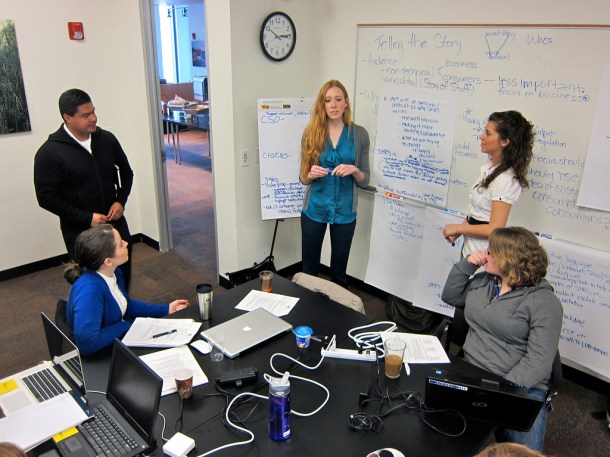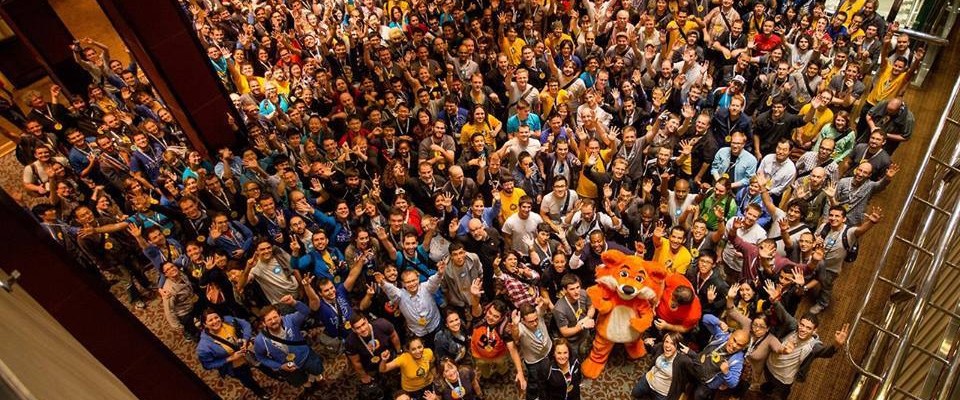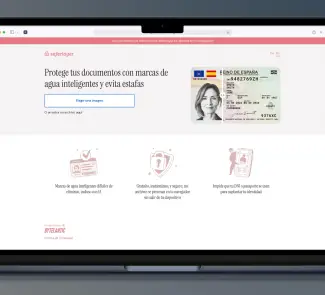One of the advantages of any open source project is that anyone can collaborate on its development. The open source model is practical for doing things faster and more efficiently, precisely because it promotes collaboration and teamwork.
Think of it this way, if you throw an “open-source party”, you can get your guests to help out with food, money, decorations, or simply help washing the dishes when everything’s over; you can even find yourself a collaborator who is better at planning parties than you, and will help you to throw the party of the year. Many people think that the open-source model is just for software, but as you can see in the metaphor above, the possibilities are enormous and could have a significant impact on communities. This is what makes it so important to society.
Now then, in the world of applications, operating systems, and the Internet, there are lots of open-source projects that are being carried out for an endless variety of purposes, and lots of people feel that they have nothing to contribute because they don’t know how to program. The truth is that you can always collaborate on an open-source project in many different ways, even if you don’t know how to write a single line of code.
Spread the word and promote the community
Let’s say you like an open-source project, for example, a Linux distribution, and you can’t help with the coding or development of applications; just tell other people about it. Be the advertising voice, become the unofficial ambassador for your favourite operating system. If you really like something, think it’s good, and understand the effort behind the project, you’ll have a thousand and one good things to say about it. There’s no need to bad-mouth the others to promote what you like when it really presents advantages.

There are certain things that have become incredibly popular simply because their users sang their praises with their friends and acquaintances, and since they were really quality products, they became popular through word of mouth. And maybe you don’t know how to program, but you have a friend who does. You could get him or her interested in your project and maybe end up collaborating on it. That’s the idea: to promote a healthy community.
Use the skills that you do have
Maybe you’re not a programmer, but the chances of you knowing how to do something else are high. Maybe you’re good at design, in which case you could contribute to the design of a website or the design of the program’s interface, or the product logo, etc. If design isn’t your thing, maybe you’re good with social networks and can handle the online community for the project.
Maybe you’re a blogger: write about the topic as much as you can. Maybe you know several languages: help out with translations to bring the project to more users. Maybe you’re good with people: work to convince others to try and collaborate with the company, create events, and promote them. There’s always some resource that you can call on, everyone has a super-power.
Get your cheque book out
If you have the means, you can always contribute funds to an open-source project; just because everyone collaborates selflessly on something doesn’t mean that people don’t need to eat. And collaborating with money can always give a healthy boost to any undertaking, provided it’s invested properly. You may not have superpowers, but if you’re rich, you can be like Batman.
Photos: chuck.info, kevin dooley









